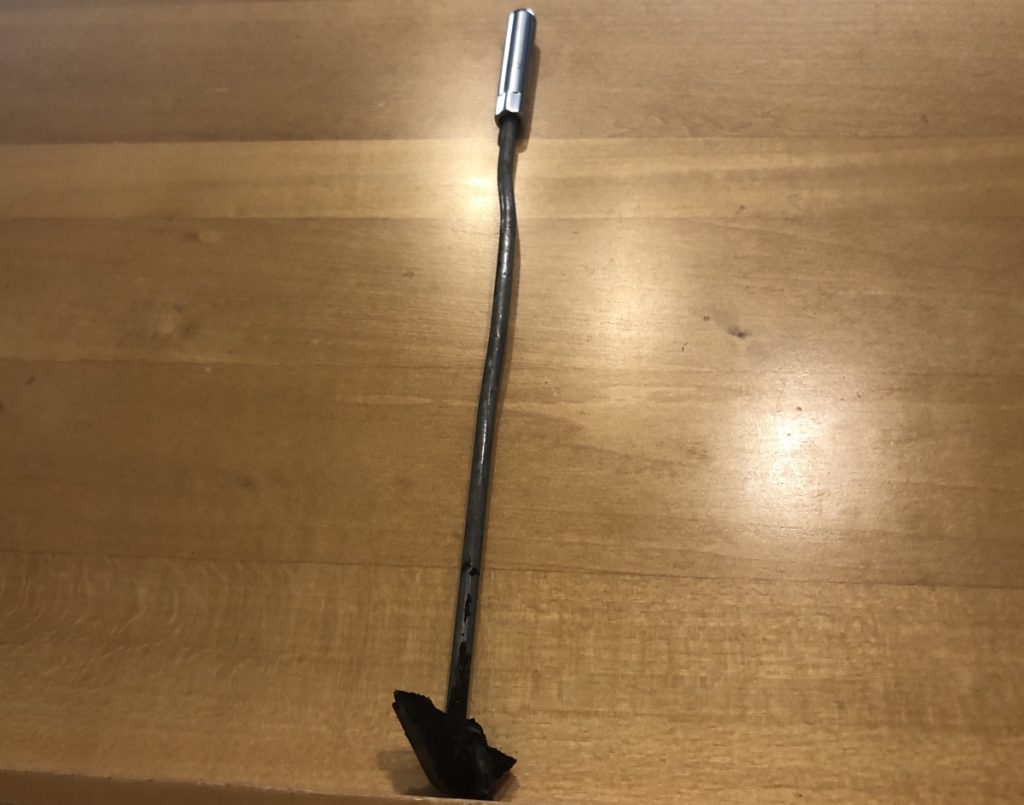Someone broke into my vehicle the last time I was in Austin. It was a smash-and-grab job. The thieves didn’t get much (two empty purses as my wife had just emptied them both), but they did a thorough job of destroying my window.
Back home in New Braunfels, the glass company sent a technician who replaced the window but broke the door. Specifically, he broke a small plastic hinge that holds the door lock in place (the picture at the top of this post). He told me about it immediately and I let him know it was no big deal, these things sometimes happen, and the important thing would be how his company responded to the issue. He nodded in agreement and then said something that hit home with me.
“Last job of the day, right?”
Over the past several years, I’d given that speech numerous times. The last day of a trip, the last job of the day, the last hour of the day. The end in any series of work duties can be especially dangerous. People get in a rush to finish and human nature kicks in.They may be fatigued from hours already worked. The guard goes down, complacency shows up, and the increased potential for an accident or mistake strolls through the crack in the door.
When I gave this speech in the past, I worked in a construction industry where there was no room for complacency. The labor force performed work hundreds of feet above the ground and could only take a break from safety when gravity took a break as well. Literally. At the end of the month when we’d review the incident reports, a substantial number of the recorded mistakes occurred on the last day of the job during the last half of the day.
This tendency isn’t limited to technicians working out in the field, either. This happens in factories, warehouses, restaurants, shipyards, retail stores, and in offices. Anywhere there’s work to be done, the last job of the day will have more errors. This is exactly when we need to be even more vigilant and on guard against complacency.
We can also use the knowledge of this trend to our advantage and schedule the most critical work at the start of the day and reserve the last hour or so (or last day of multiple day work) for the least critical work. Use this time to plan and schedule, cleanup, complete post-work documentation, or whatever it is in your job that isn’t mission critical.
As I began to park on the night my car was broken into, my wife suggested I choose another spot. Somewhere a little safer. But it was at the end of my work week, the end of the workday, the end of a long drive, and, apparently, the end of my thinking for the day. My door lock was as good as broken with that decision. Ironically, I kind of wish it had been. Then they wouldn’t have needed to smash the window.
# # # # # #




0 Comments